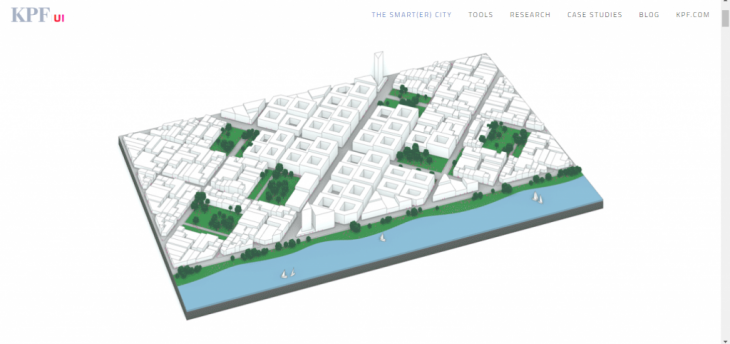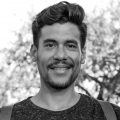Master in City & Technology 2018/20 – Term II
Seminar Name: Computational Urban Design II – Urban Planning Simulator
Total Hours: 20 hours
Faculty: Rodrigo Aguirre, Eugenio Bettucchi


Credits: KPF – The Smart(er) City
Syllabus
“Successful urban configurations are the result of a complex sequence of implicit computations that transform unorganized input into organized output.“
URBANISM AS COMPUTATION Nikos A. Salingaros
Urban morphologies and social dynamics rely on iterative and repetitive logic, which, tending to an ecological aequilibrium. are resilient and adaptive. Being shaped by new factors allow cities to evolve with its inhabitant needs. How we can master this complexity? Which implications computation offers to nowadays urban planner? During this course, we will focus on urban strategies for planning new expansion areas or reconsidering existing urban fabric. The endogenous and exogenous parameters of the site and existing social relations will affect design decisions and let the system organize and adapt over these factors. The goal is to make students able to master these topics applying them into a project but also, in a broader aspect, construct a tool that can then be applied to a wider context in a systematic way.
Faculty

Rodrigo Aguirre Rodrigo Aguirre is a Nicaraguan architect specialised in the fields of parametric tooling, digital fabrication and manufacturing. He obtained his bachelor in architecture at UAM (American University) in Managua, Nicaragua and completed the two-year Master in Advanced Architecture at the Institute for Advanced Architecture of Catalonia (IAAC) in Barcelona, Spain.
His ongoing collaboration with the Institute’s REsearch + DEvelopment department and IAAC special projects have involved advanced form finding and computational methods related to generative design. He is a principal member of the computational faculty and has acted as studio instructor for the master’s programmes in 2014. His work as a ‘Tallerista’ has led to his involvement with workshops related to the translation of computational protocols to the fabrication of physical prototypes. From 2013-15 he has coordinated international workshops in Brazil and Nicaragua related to digital tooling and participated as faculty in multi-scalar design workshops in Egypt and China, the latter of which focused on the production of 1:1 scale construction.
Rodrigo has also been involved with the last three editions of IAAC’s Global Summer School (GSS), acting as a tutor in 2012-13, and coordinator of the affiliated Global School in St. Petersburg, Russia during the 2014 session. He continues his involvement in the 2015 edition as a coordinator, tutor and manager of communications and digital media.

Eugenio Bettucchi is a civil engineer with a degree in Building Engineering & Architecture from Alma Mater Studiorum, University of Bologna (IT). He developed his thesis focusing on robotic material deposition based on real-time feedback. Actually he is senior designer at Noumena Barcelona, his interests and skills lie in computational design and digital fabrication. He is part of the IaaC assisting students in MRAC (master in Robotic and Advanced Construction) and OTF (Open Thesis Fabrication) master programme and in several other masters. He is also involved in the ROMI project (Robotics for Micro Farming) contributing to the development of autonomous aerial solutions.
